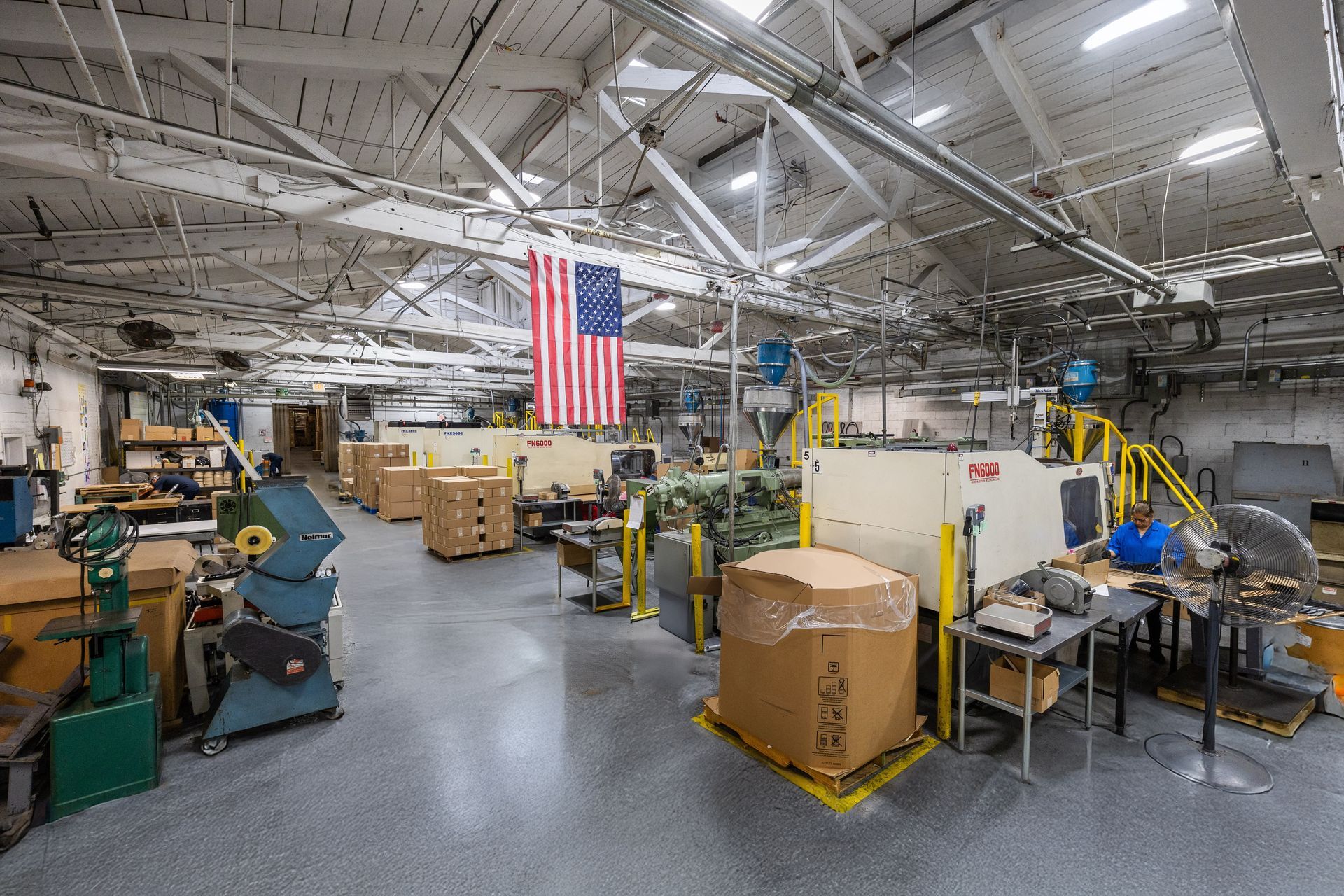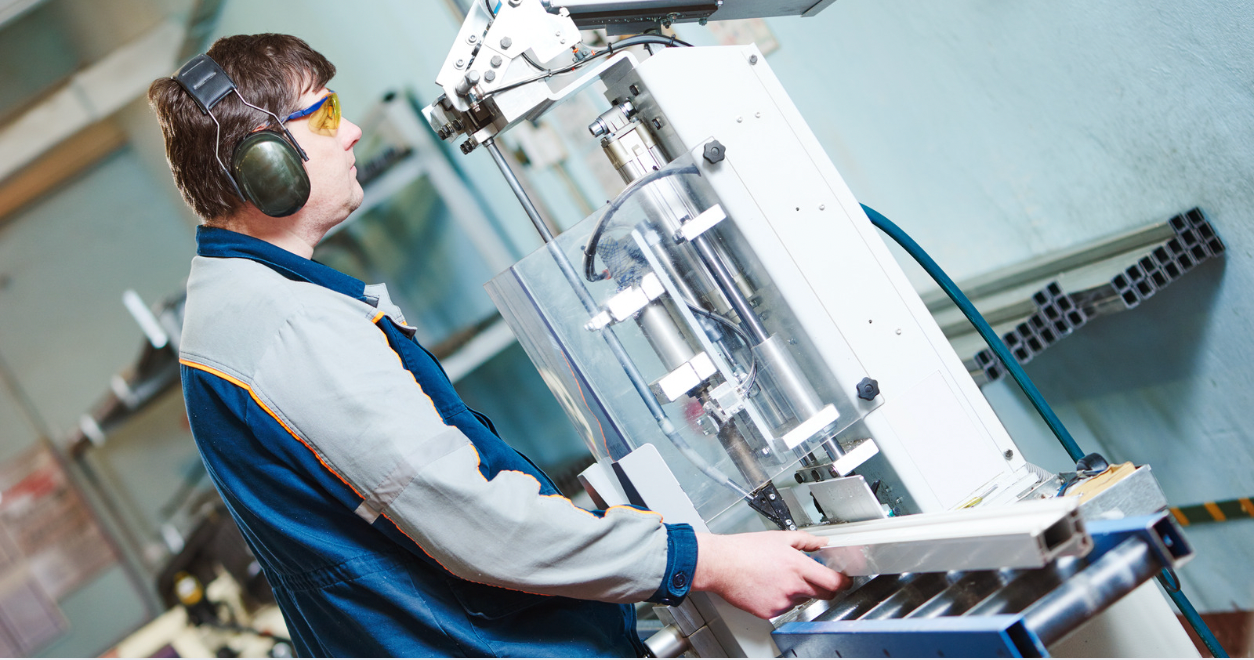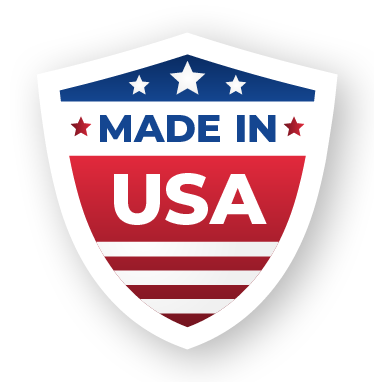Common Misconceptions About Plastic Sustainability
Despite the presence of plastic recycling and innovative, bio-based, biodegradable, and sustainable plastics, the plastic manufacturing industry is still frequently singled out as one of the worst burdens on our environment. Sustainability is, in fact, a vital effort and one we are committed to as a company and as members of the industry in question. There are many misconceptions about whether plastics and environmental concerns can be compatible, and we'll take a few moments here to address some of them.
Myth: If something is compostable and biodegradable, it is also sustainable.
While compostable and biodegradable plastics are beneficial in ideal conditions, they aren't automatically sustainable. The vast majority of families don't have access to composting facilities. Compostable plastics instead often end up in landfills, creating methane, or contaminating other materials if they're recycled with non-compostable plastics. Similarly, biodegradable plastics generally don't degrade easily, but often require treatment at high temperatures or exposure to special bacteria or enzymes which break them down.
Myth: Plastic has a greater environmental impact than other packaging materials.
While traditional plastics are created from non-renewable materials, they are also often lighter and require less energy to produce than other packaging materials, offering tradeoffs in reduced transportation and production impacts. In the end, the carbon footprint can be equivalent between plastics and many other materials.
Myth: Plastics manufacturers don't care about sustainability.
Plastics and their manufacturers have frequently been the scapegoat in discussions of sustainability in recent decades. In truth, innovations in plastic resins and industry-wide support for recycling and eco-friendly initiatives have been front and center for plastics manufacturers. We are firmly committed to maintaining our industry while embracing new materials and technologies to make our efforts more sustainable.
Myth: You can't dispose of plastics sustainably.
In addition to proper recycling, plastics can, in fact be disposed of sustainably. Those plastics which are not or cannot be recycled can be incinerated using carbon capture technology to drastically limit problematic emissions, and the heat produced by the process can serve multiple purposes.
At Bennett Plastics, we are committed to sustainability in our practices and in our facility itself. Contact us today to explore our plastics manufacturing capabilities.
Recent Articles











